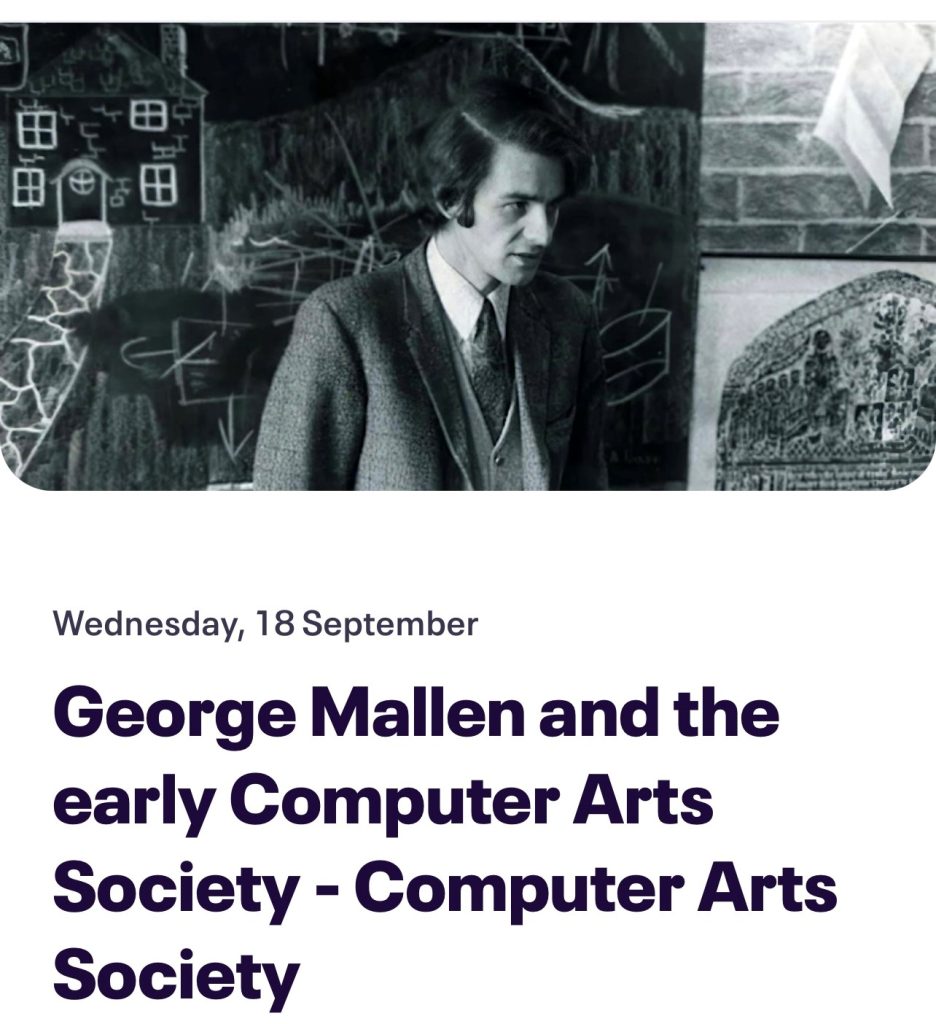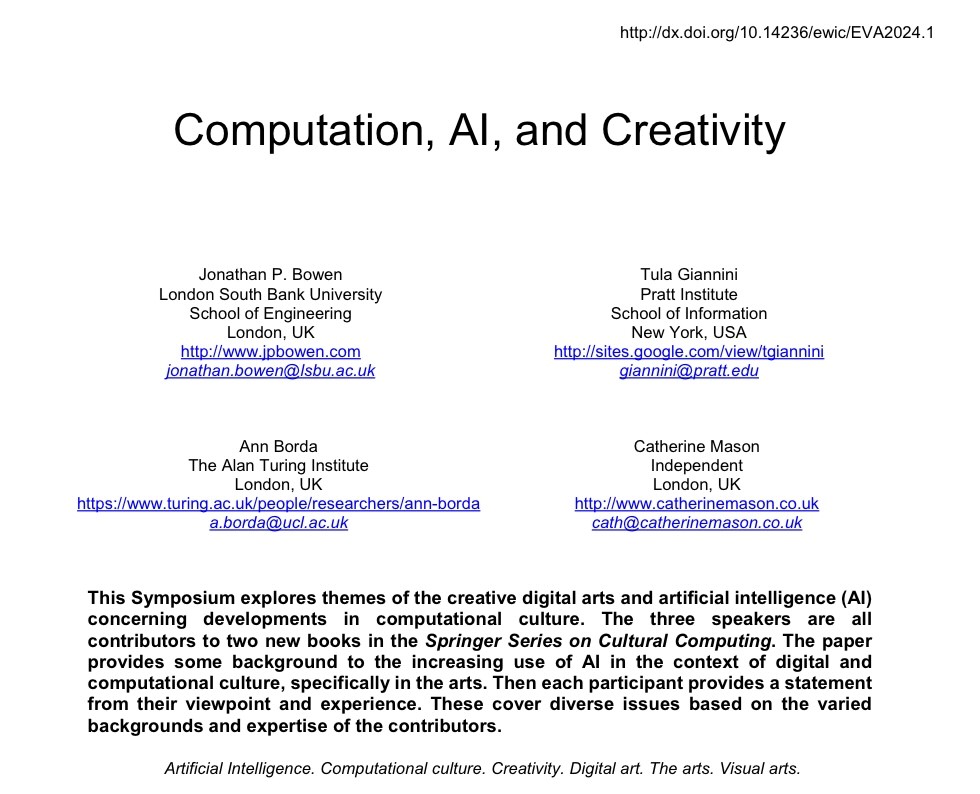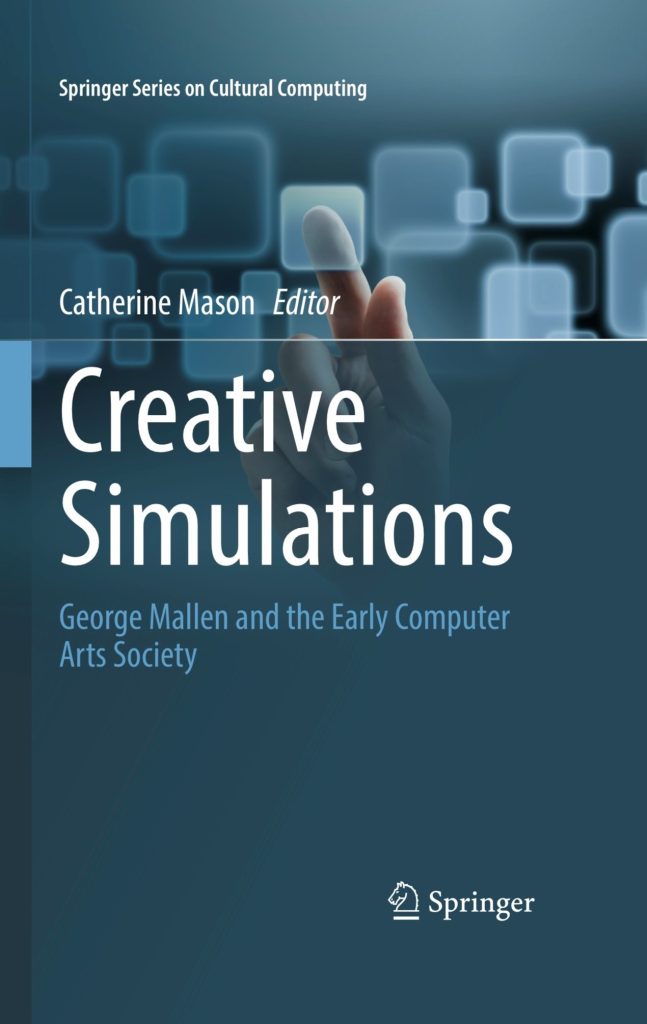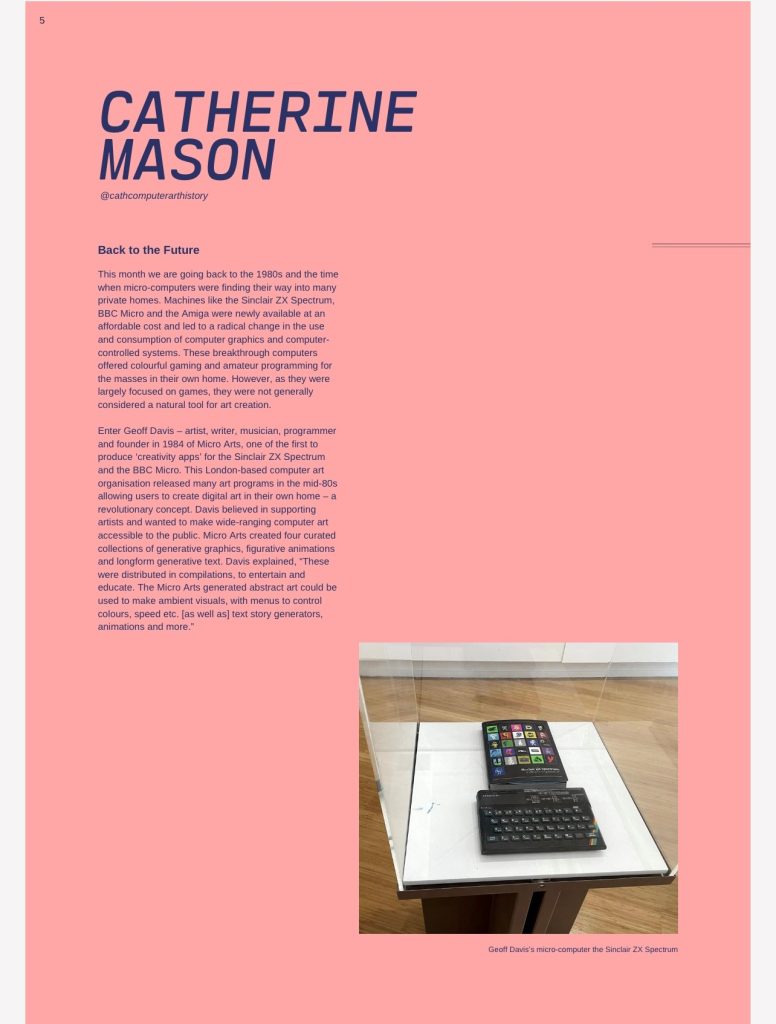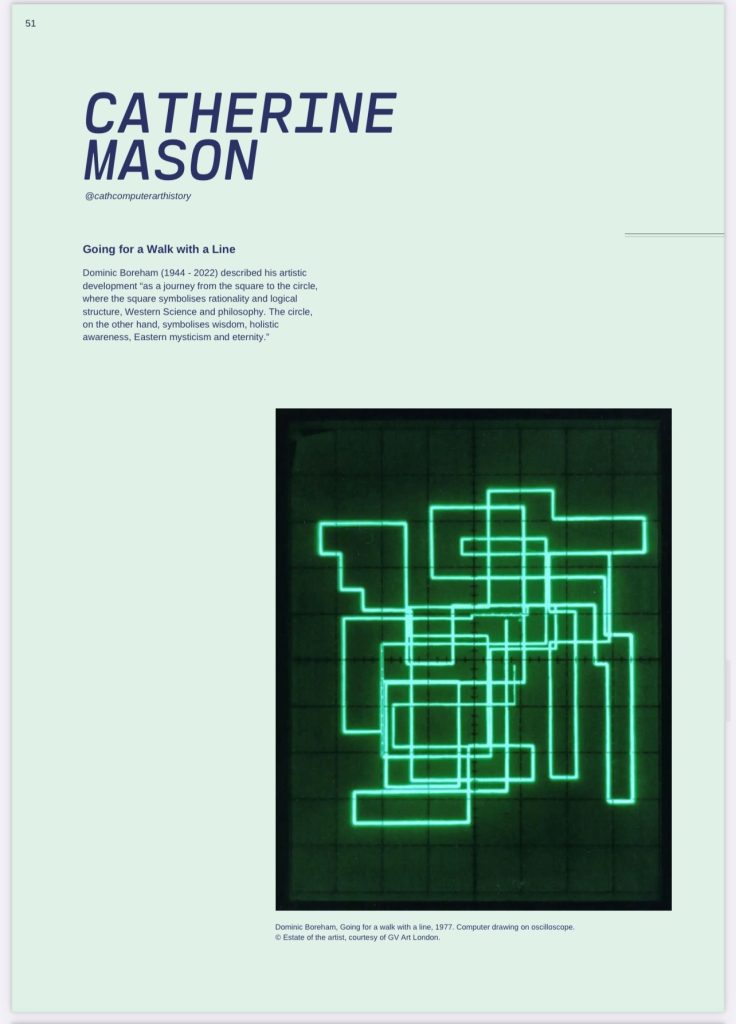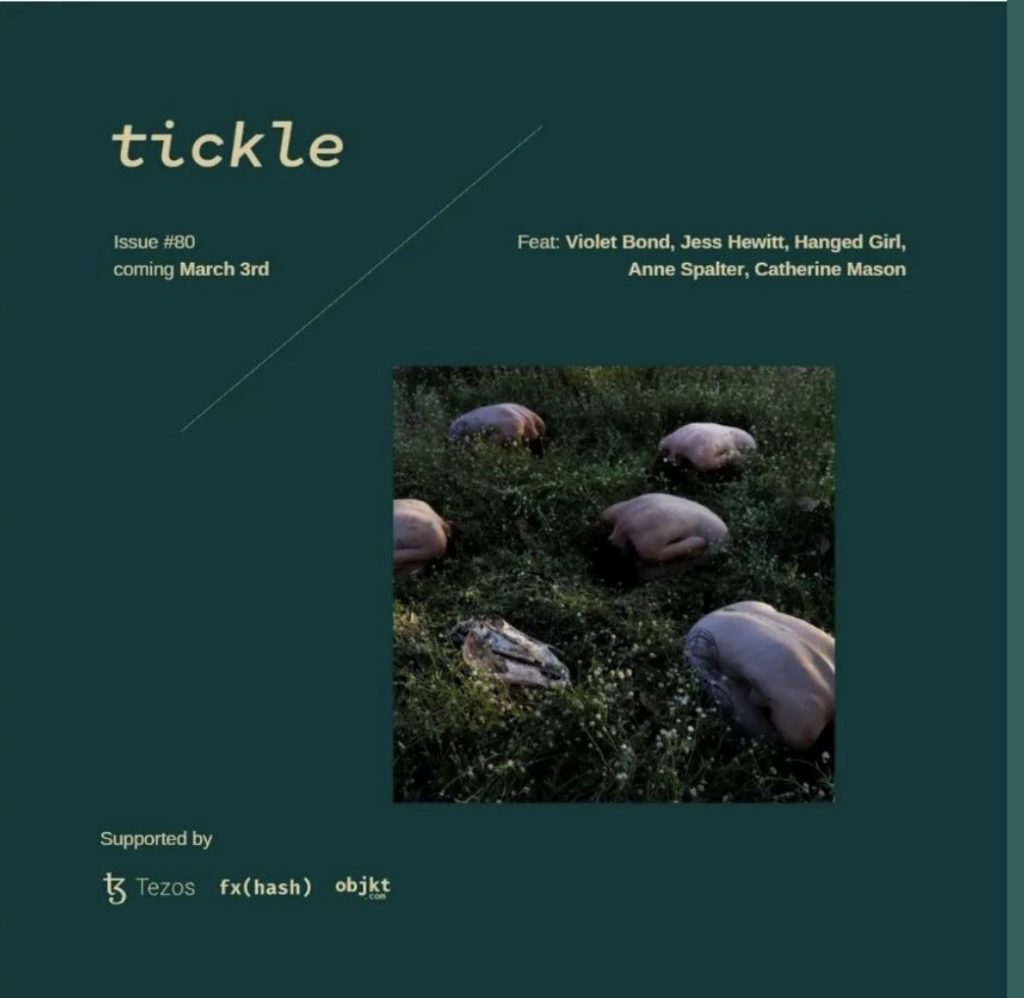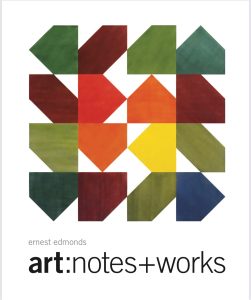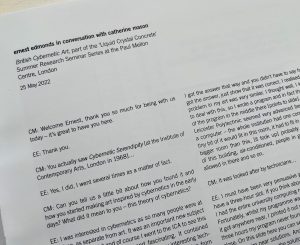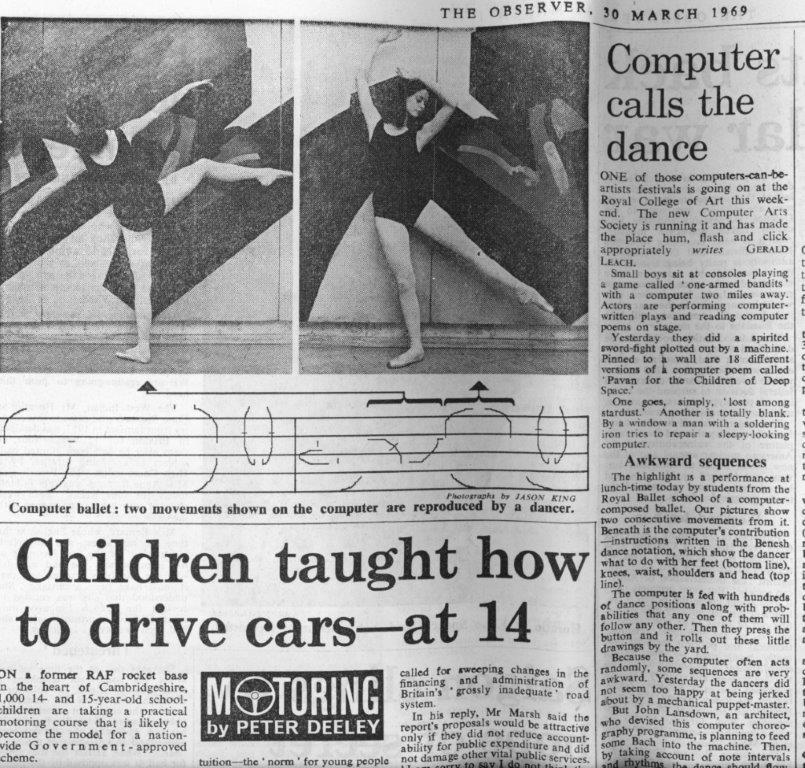Join me on Zoom to hear about some of the artists and artworks in my new book – Creative Simulations. Don’t know who George Mallen is? Well, I’ll tell you all about him and the ground-breaking Computer Arts Society project Ecogame of 1970. Ecogame was a simulation model of an economic system, dealt with opportune issues of ecology and environment, and was the first multi-player, digitally driven, interactive gaming system in the UK. It exemplified the CAS belief in a positive ‘human machine interrelationship’ made visible through art. Watch the recording here: YouTube
